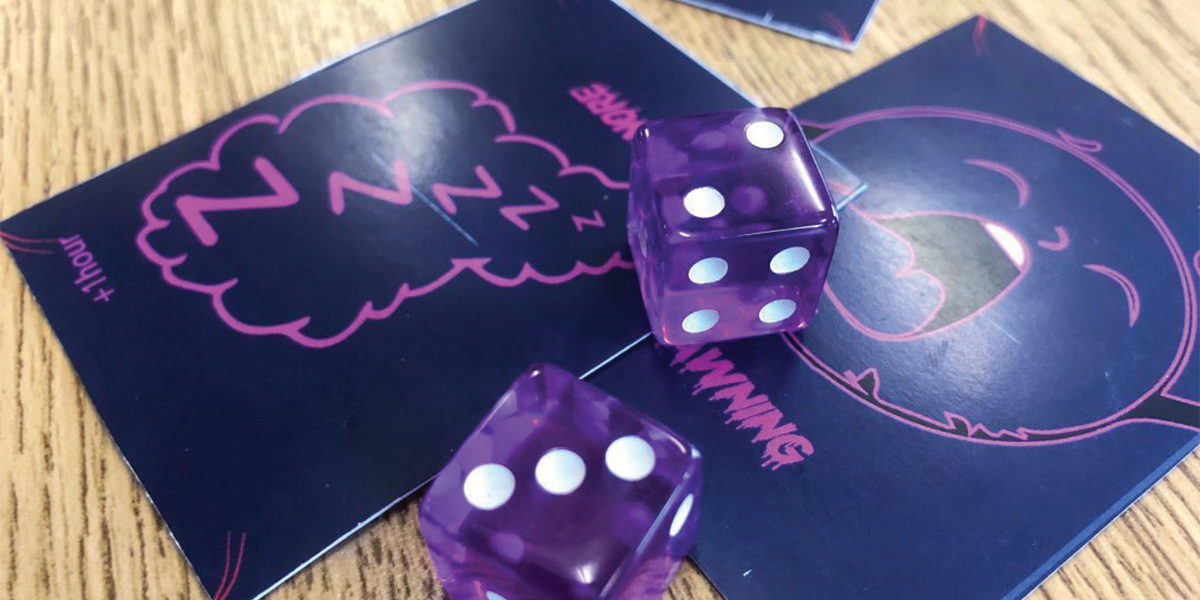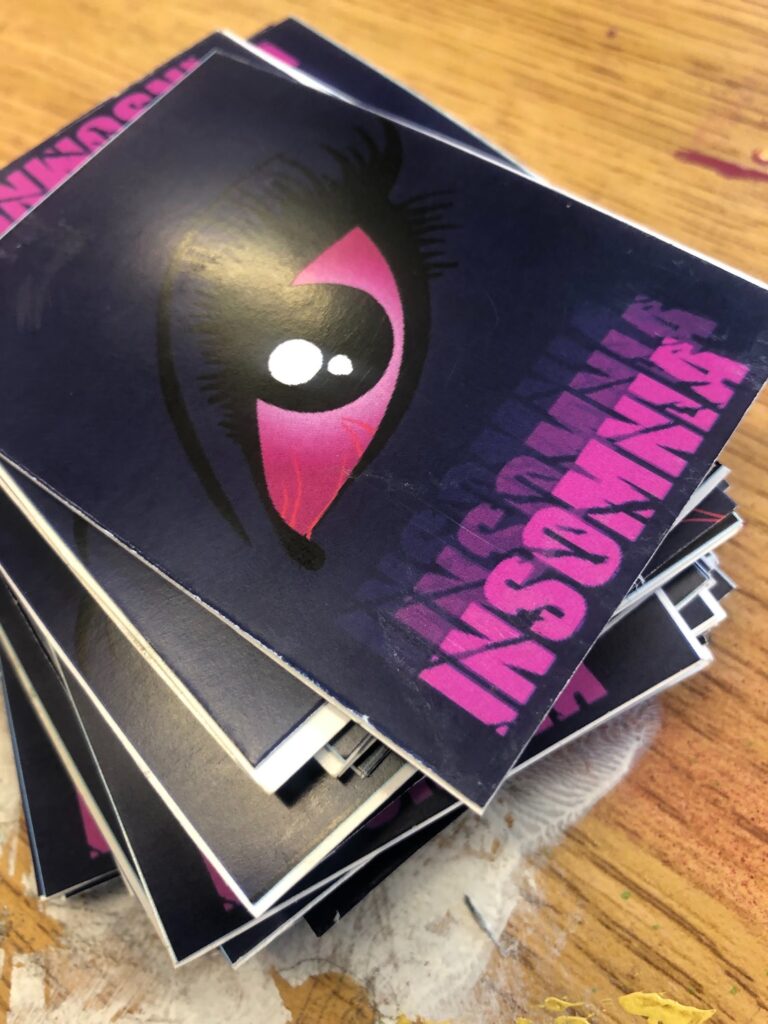
Teen Perspectives on Sleep and Social Media: What Research (and Game Design) Reveals
Last fall, staff held a Game Design Studio at Madison Park Technical Vocational High School in Boston, engaging with a class of teens there to create games related to their concerns and experiences. Here's what they revealed about teen sleep patterns.
A recent study in Sleep Health: Journal of the National Sleep Foundation found that teens use social media despite sleep costs for two main reasons: Fear of missing out, and norms and expectations.
Researchers invited 24 teens ages 11 to 17 to participate in focus groups, answering questions related to their social media habits around bedtime, their motivations for engaging with social media, and their perspective on how it impacted their sleep.
When it comes to fear of missing out, the participants share that not being involved in interactions online has social costs in the real world. They worry about being left out of conversations, and seeking to assuage that worry motivates them to engage with social media at bedtime.
Norms and expectations are also key drivers. Participants share that being active on social media is part of being a normal teenager, and that quick responses are expected. For them, this leads to continued engagement, even when fatigued.
At iThrive Games Foundation, we have also explored teen behaviors around sleep. Last fall, staff held a Game Design Studio at Madison Park Technical Vocational High School in Boston, engaging with a class of teens there to create games related to their pressing concerns. Sleep was one of the issues that the teens surfaced during the design session.

Materials from Insomnia, a fast-paced card game related to teen sleep patterns created by teens at Madison Park Technical Vocational High School in Boston, MA.
Youth shared factors that thwart their ability to get to sleep on time, including too much homework, stress, and anxiety. And they shared factors that support them in getting enough sleep, such as healthy social media boundaries, opportunities to discuss their problems (at times other than bedtime), and healthy eating and movement.
Students worked through their design process to co-create ideas around solutions to the issues they surfaced, which led them to create Insomnia, a fast-paced card game. Each card in the game represents hours of sleep gained or lost, with some cards helping players earn additional sleep (e.g. blanket card) and others, like the dreaded insomnia card, leading to the player losing sleep. The player with the most sleep hours at the end of the game wins. The students were energized by being able to share their perspectives and create a game from their experiences.
They shared their games with teachers, administrators, and school staff, sparking discussion about how to best meet students' needs. School counselors were interested in the way the game could help counselors open up discussions with students to identify outside issues that might affect their participation in the classroom.
Our Game Design Studio approach facilitates an environment where teens surface what's meaningful to them, co-create solutions to the issues that they surface, and create games that explore the actions they can take to feel empowered.
Whether it's iThrive's approach or a research study such as this one that centers teen voice, teens are telling us how they feel. Adults taking the time to authentically and meaningfully engage with teens—and truly listening to them—is how we can best support their development.


